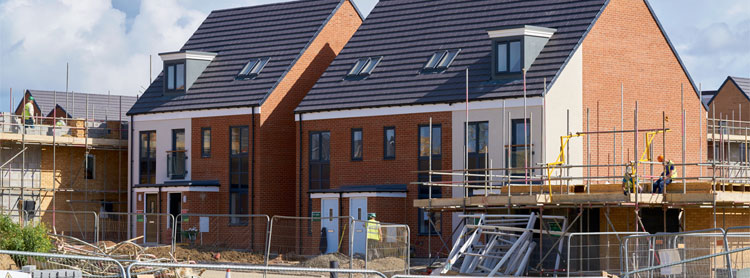
A further delay to the implementation of the VAT domestic reverse charge for building and construction services has been announced by HMRC via Revenue and Customs Brief 7 (2020) issued on 5th June 2020. The brief confirms that the latest setback is due to the impact of the coronavirus pandemic on the construction industry, resulting in a new planned launch date of 1st March 2021.
The VAT domestic reverse charge for building and construction services requires the customer (i.e. the party making payment for construction services) in the transaction to pay the VAT direct to HMRC rather than paying it to the supplier. The move to reverse charge is part of HMRC’s commitment to reduce fraud in the sector. More detail on the Reverse Charge is available from HMRC’s guidance note.
Implications of the domestic reverse charge
- To prevent the sub-contractor (supplier of the service) from disappearing or failing to pay the VAT due, the main contractor will account for the VAT due to HMRC by declaring it as output tax on its VAT return. The main contractor will also be able to reclaim the VAT as input tax under the normal rules.
- As construction firms will have to account for both input and output VAT, the reverse charge will have a significant impact on how they manage their cash flows.
- Significant process and systems changes will also be required. Changes will now be implemented from 1 March 2021, to give time for businesses to incorporate the new rules into their existing accounting systems.
- Sales to an end user (a business that does not make supplies of construction services) or domestic customer will be outside the scope of the reverse charge. As an update to the original legislation released in April 2019, there is now a requirement for businesses that are excluded from the reverse charge because they are end users or intermediary suppliers to inform their sub-contractors in writing that they are end users or intermediary suppliers.
- There will be no threshold to exclude any business from the legislation.
- For those impacted by the domestic reverse charge, invoicing requirements will fall in line with existing rules for businesses operating under reverse charge legislation.
- Organisations will not be required to operate the reverse charge on exempt or zero rated supplies.
End Users
- End users are usually the end customer, or those who use the construction services or buildings for their own purposes, rather than selling them on to a third party. This could include landlords and tenants connected to the end user, such as Housing Associations, or large retailers undertaking significant construction projects, but using the buildings for their own retail business.
- End users should make the contractor aware of their status as an end user in writing to ensure VAT is charged in the normal way.
- If the end user does not provide its supplier with written confirmation of its end user status, it will be required to account for VAT under the reverse charge.
Domestic reverse charge invoicing and VAT return requirements
Those suppliers impacted by the VAT domestic reverse charge should still issue a standard VAT invoice in the usual way, including reference to the amount of VAT liable on the supply, but instead of actually charging this as VAT on the invoice, the supplier must state that the reverse charge applies. HMRC have confirmed that stating “Reverse charge: VAT Act 1994 Section 55A applies” meets the requirement.
In respect of VAT return compliance, businesses making reverse charge supplies should not enter the amount of VAT subject to the reverse charge in the box 1 figure on the VAT return, as would be the case under standard VAT. It is the customer who will account for the amount of VAT due under the reverse charge in box 1 instead. The amount of VAT payable as output tax will also be reclaimable as input tax in the customer’s box 4, subject to the normal partial exemption rules. There are no changes to how the supplier should account for outputs (net sales) in box 6, and how the customer should account for inputs (net sales) in box 7.
Organisations impacted by the new domestic reverse VAT charge for building and construction services should start planning for the changes now in order to be ready for the 1st March 2021 implementation date. If you need help, please contact one of the construction services specialists in our VAT Team to find out how we can assist.
Get in touch or request a call back:
Call 0330 223 6400 or complete the form to make an enquiry or request a call back (* indicates a mandatory field).



